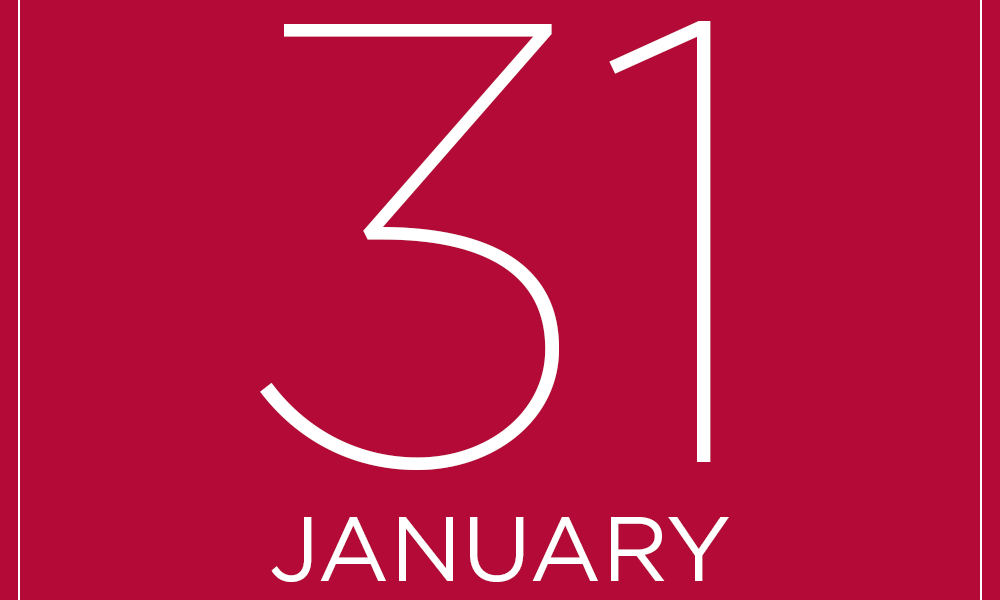January is well and truly upon us. Most of us have completed our first full week back in work and the challenges of the New Year are facing us.
January holds more significance for freelancers than most, and that’s thanks to the 31st January self-assessment online submission deadline looming large on the horizon. The first month of the year can be stressful for freelance contractors and the self-employed as you rush to collect everything your need to avoid being lumped with a hefty fine if you miss that all important deadline.
If you’re new to the process, or you’re struggling a bit in the organisation department, then read on for some of our top tips to avoid self-assessment stress this month.
Ensure you’re registered
If you’ve just gone freelance then this is an essential step. You only have to register with HMRC once to let them know you need to file a self-assessment. From then you will be reminded by HMRC every year that you need to complete your assessment.
First time registration deadlines are October 5th of the current tax year. Failure to register will incur further fines. However, if you manage to submit your self-assessment in full by the 31st January then you can reduce or even avoid late registration fees.
To successfully register you need to provide your National Insurance number and the details of your company or relevant personal details. When you’ve registered your will receive a Unique Taxpayer Reference number.
This is an important piece of information so keep it safe as you will have to use this number on all subsequent self-assessments.
Keep a paper trail
There is nothing worse than the January rush, scrabbling to pull together records and evidence of your finances. It is at this point in the year that it pays to be fastidious and diligent all year round by keeping a water tight record of your incoming and outgoing expenses.
Getting into the practice of collecting business receipts and keeping a log of the relevant business transactions that accompany them is wise. It will prove to be the perfect antidote to the January rush and will make filling out your online self-assessment that little bit easier.
In terms of the type of thing you need to be keeping hold of for your records come this time of year, there really is no limit on what is important and pertinent. One missing statement can cause delays in submitting your self-assessment so it pays to be cautious.
You can find a comprehensive guide to keeping documents for tax purposes on HMRC’s website here.
Don’t leave it too late
This would be a good time to note that leaving your self-assessment too late is likely to cause you unnecessary delays and unwanted fines. Of course, the key to avoiding the hurry is in staying organised and planning well.
If you’re not so hot on forward planning then it’s at this point we should probably mention late penalties. If you miss the 31st January deadline then you’ll be presented with an immediate £100 fine. Not a great start to the year. Further to that, if you leave it another 90 days then you’ll start to accrue a £10 a day penalty on top of the £100 fine. So start early to avoid being cleaned out thanks to late submission!
Don’t be afraid to ask for help
If you want to avoid the flop sweat developing at 11:55pm on 31st January while you curse your lack of book-keeping skills, then it does pay to acquire the help of an accountant. Tax is, by its very nature, a complex beast and any good business person knows how to delegate.
If you can keep on top of your records then a recommended accountant should be able to help you when it comes to completing your self-assessment.
There’s plenty to get your teeth into as a freelancer. From chasing clients to drumming up new business and getting your name recognised, there’s always a lot to think about.
However, keeping on top of your financial records and making sure you’re fully registered with HMRC is one of the most important things you can do if you want to avoid the pitfalls of a stressed and rushed January.
What methods do you use to avoid the typical January rush to submit your self-assessment return? Are you super organised and early to the self-assessment party or do you take advantage of a good accountant to remove the pressure a bit?
Let us know in the comments how you’ll be handling self-assessment stress this year!
